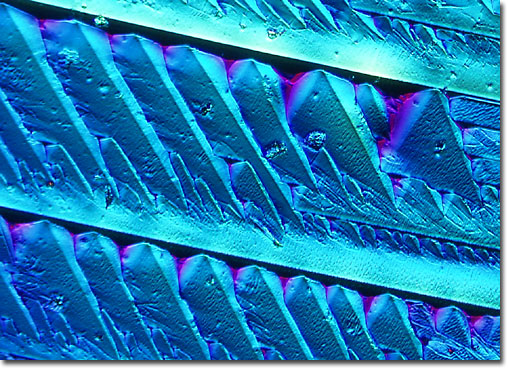Para-Coumaric Acid

View a second image of para-coumaric acid.
|
Para-coumaric acid is a phenolic coumarin derivative that inhibits the development of stomach cancer and is found in various plants such as tomatoes, green peppers, carrots, strawberries, and pineapples, as well as herbal plants like basil, and turmeric. Activated during digestion, para-coumaric acid interferes with the development of cancer-causing nitrosamines in the stomach. Nitrosamines, a group of organic compounds containing the reactive nitroso (N=O) moiety, were discovered more than 100 years ago, but it wasn't until the 1950s that they were found to be highly carcinogenic in laboratory animals. Food products, such as cured meats, pickled foods, and dried salted fish, are associated with the development of nitrosamines. It is believed that the process starts in the stomach when nitrate salts are reduced to form nitrites. The resulting nitrites combine with secondary amines, derived from bacterial action on meat proteins, to produce small amounts of carcinogenic nitrosamines. Para-coumaric acid inhibits this process by binding to nitric acid derivatives, preventing them from combining with biochemical amines to form dangerous nitrosamines. Researchers have determined that 90 percent of all nitrosamine compounds tested in experimental animals have been shown to cause cancer. To date it has not been established which nitrosamine derivatives or what doses, if any, are safe for human consumption. |
© 1995-2025 by Michael W. Davidson and The Florida State University. All Rights Reserved. No images, graphics, software, scripts, or applets may be reproduced or used in any manner without permission from the copyright holders. Use of this website means you agree to all of the Legal Terms and Conditions set forth by the owners.
This website is maintained by our
|